Should I Rent? Or Should I Buy? (Part I)
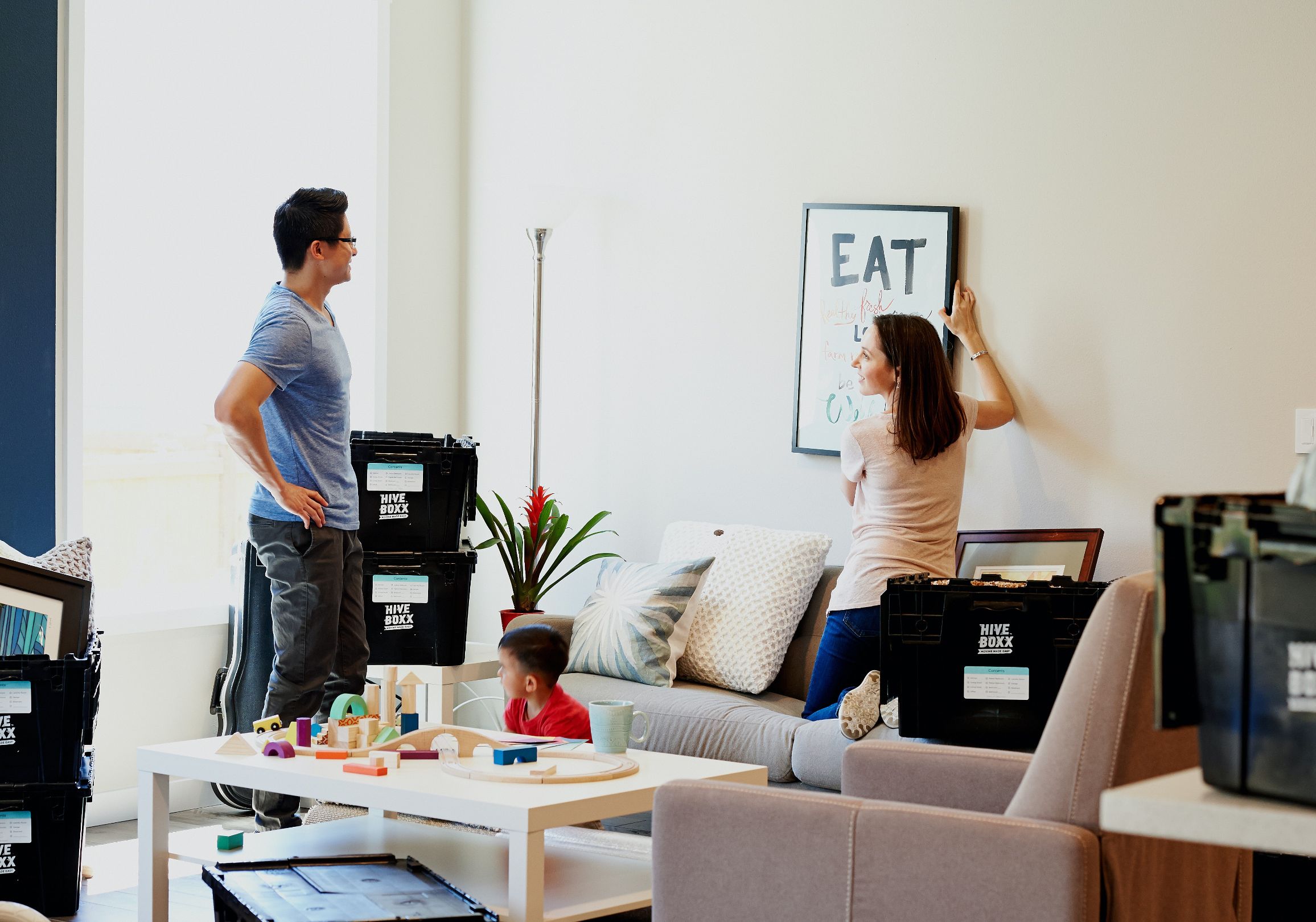
Get The Property Insights Serious Buyers Read First: Join 50,000+ readers who rely on our weekly breakdowns of Singapore’s property market.
Reuben is a digital nomad gone rogue. An avid traveler, photographer and public speaker, he now resides in Singapore where he has since found a new passion in generating creative and enriching content for Stacked. Outside of work, you’ll find him either relaxing in nature or retreated to his cozy man-cave in quiet contemplation.
A home purchase.
The biggest financial investment you’ll probably make in your life.
…Which, if not careful, may also turn into your biggest financial liability.
Man isn’t that a dark way to start this article.
As a younger home-hunter, I used to ask myself this all the time –
“Is it really worth committing my entire future to paying for this house that might not even belong to my family 99 years from now?”
In fact those were just one of many concerns. What if I was unable to pay off my mortgage? What if I didn’t generate positive returns on my eventual unit sale…or worse, have to cash in on a depreciating home?
The questions and concerns kept piling up. And naturally, I began to dig for an alternative.
It wasn’t long before I began to seriously consider looking into permanent rentals.
Afterall, it meant that I could change up the living scene every once in a while, and honestly, I just didn’t want any of that commitment at such a young age! (sound familiar?)
That said, renting didn’t necessarily come without its fair share of cons.
For most (myself included), the biggest concern would be the amount of cash you’d have to cough out during the ‘rental phase’ of your life. Sums that might seem futilely spent if you did eventually decide to purchase your own flat – amongst a number of other things.
And so “Should I Buy? Or should I Rent?”
That’s a question I hope to help you answer today.
Buying Vs Renting
To make things more straightforward, I’ve condensed the pros and cons of both methods into bite-sized pointers. I’ll elaborate as we go along.
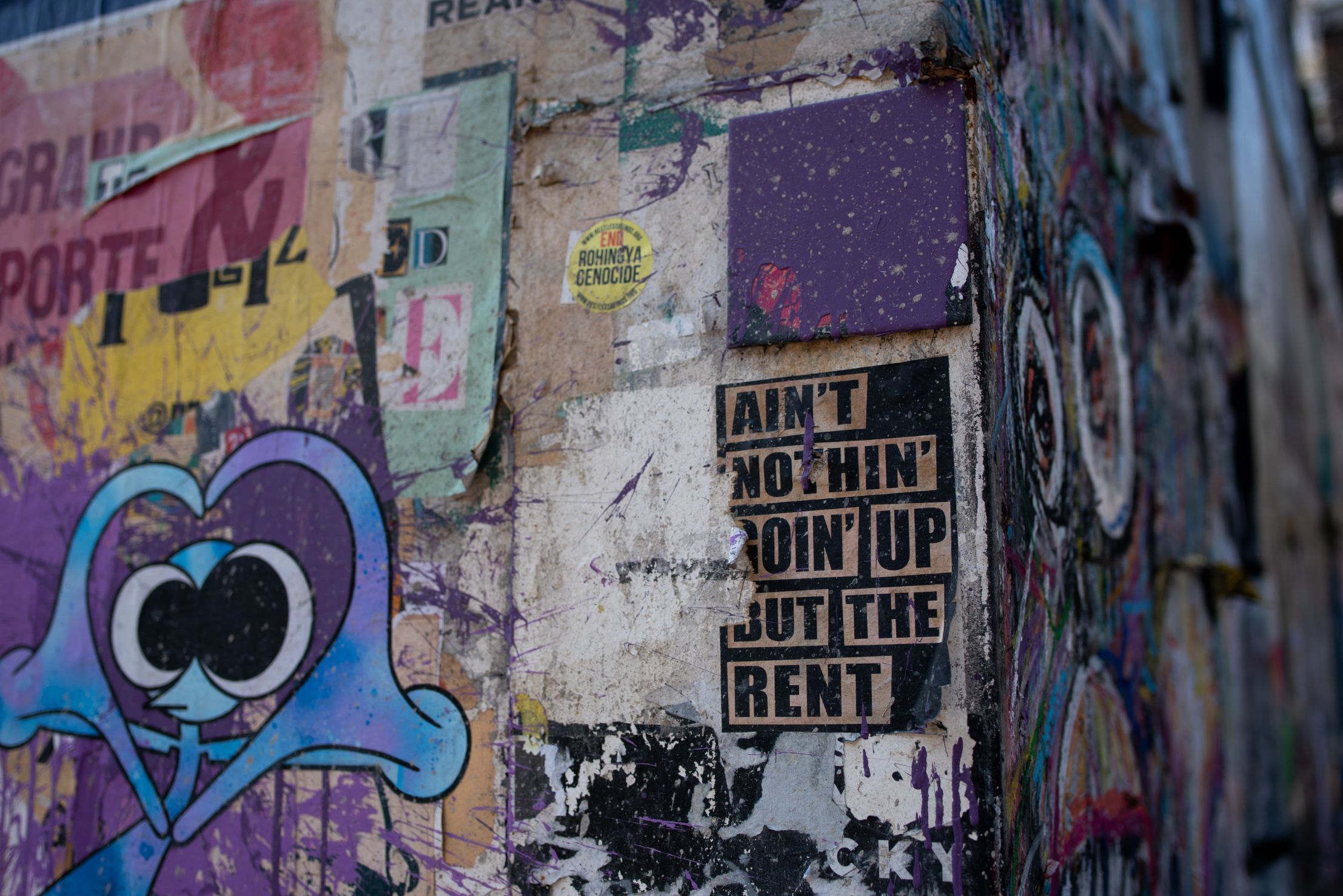
Advantages of Buying:
- It’s your own Home! Before we get into the nitty gritties, this is probably the biggest overarching reason. Owning the roof that’s over your head means that you’re not at the mercy of your landlord (or anyone else for that matter). It’s an asset under your name and you get to ‘construct’ and design its interior as you please.
- Potential for Capital Appreciation; In other words, the rise in your property’s value over the years, and the possibility of selling the unit for a higher price/profit in the future. To date, it’s probably one of the biggest things that most of us look out for when buying our homes. Of course, the opposite could happen, so look wisely and always be prepared for the worst!
- Tax Savings When Selling Unit. Some of you might not know this, but many countries (the US for example) implement tax on resale profits. Unlike these countries however, there is no capital gains tax when selling property in Singapore. That is, as long as the IRAS doesn’t classify you as a property trader.
- Rental Income. Spare room? Why not rent that out and become a landlord? That said, if you are living in a HDB flat, however, you’ve got to adhere to the occupancy cap. Either way, it still means extra income in your pocket…at the cost of privacy!
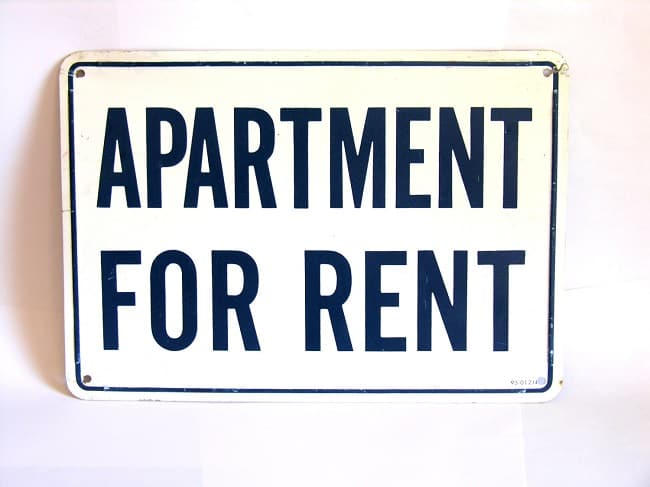
Investing in a rental property? Here are 3 absolutely essential tips you need to know before you plunge in.
by Druce Teo- Use CPF for payments. Yes, you can use your CPF Ordinary Account (CPF OA) for housing loan payments, be it a HDB, Bank or SIBOR loan.
- Protection against inflation. As most of you know, Inflation means reduced purchasing power in a country’s currency (ie. a single dollar has less value over time). In times of unprecedented severe inflation, hard assets like real estate properties and commodities help ride the wave and their values will continue to rise alongside the Consumer Price Index (CPI). On the other hand, cash on hand and other monetary investments like fixed-income securities(e.g bonds) retain their past value (excluding interest rates).
Disadvantages of Buying:
- Repairs and Renovations. Unless your house is something straight-out of a makeover TV-show, you’re bound to spend at least a small bit on renovations and repair (more for New Launch units). For some, this can be a welcome task. For others, it’s a complete nightmare!
- Paying off that Mortgage. Let’s face it. Unless you were born with a golden spoon, most of us simply have to apply for a housing loan because . The fun part? As long as all payments are made by the loan maturity date, the house is yours! The not so fun part? You have to pay off that loan in monthly instalments (with interest) for the next few decades.
- Stamp Duties. Additional Buyers Stamp Duty (ABSD) and Sellers Stamp Duty (SSD), part of the cooling measures implemented by the government to prevent consistent hikes in housing prices. They can add to quite a hefty sum upon purchase if you do fall under certain demographics (Psst I’ll let you in on a secret. Here are some ways you can avoid that pesky ABSD fee).
Advantages Of Renting:
- Zero financial commitment. Not quite. Truthfully, there will also be some level of financial commitment when looking for an abode. Unlike buying a unit however, the commitment here is far lighter – and you’ll have no worries about being tethered to a mortgage for the next few decades, especially if you’re young, wild and a student.
- Maintenance? Repair? Not my problem. It may sound evil, but it’s true; most maintenance fees and repairs needed on the property will be your landlord’s responsibility (unless otherwise agreed). Don’t use that as an excuse to destroy the washing machine, though.
- Easier to Relocate. Considering that you stay a renter only until your lease is up, I’d say it’s pretty convenient for those who find themselves shifting around locally/abroad for work, studies or leisure.
Disadvantages of Renting:
- No Equity Building. In the case of home-ownership where you pay off a mortgage, your equity grows with every monthly instalment paid (you own more of your home). For renting, you make monthly payments too, but it doesn’t build your equity. For many, this is a huge no-no.
- Less Control over Housing Cost. It may be true that maintenance or repair costs are your landlord’s responsibility. However, you do need to get your landlord’s approval if you want to refurbish your home.
So… which is better? Buying, Or Renting?
Cliched/unconvincing as it might sound, the correct answer to this question is: It really depends.
In the end, there are 3 – often interchangeable ways you can utilise your home:
To stay in, to rent out (either single rooms or the whole unit) or to ‘flip’ (ie. buy low, sell high and repeat).
As for renting, there’s no rocket science to it. I believe that most of us would rent a home to well…stay in it.
(Yes, there are other sketchy alternatives I can think of, but let’s not get into that today).
Personally, I’ve always adopted Grant Cardone’s approach.
“Live where you rent, and rent what you own”.
In other words, rent out what you own (assets), and rent the place you want to stay.
Why? Because freedom.
I’m not tied down to my unit. Anytime I feel like I want a change of pace/scenery, all I have to do is wait till my loan tenure ends and poof I’m on to the next house. It just makes life all the more colourful.
Once again, this is personal preference – not everyone will/can relate to this.
At the end of the day, there’s no one-size-fits-all approach to this. It will eventually come down to your individual needs and capacities for financial risk – so be sure to conduct a proper evaluation of these things before making a life-long decision.
That said, I’ve also added some tips and key considerations to meet the various needs/intentions of buyers and renters alike.
Buy-to-Stay
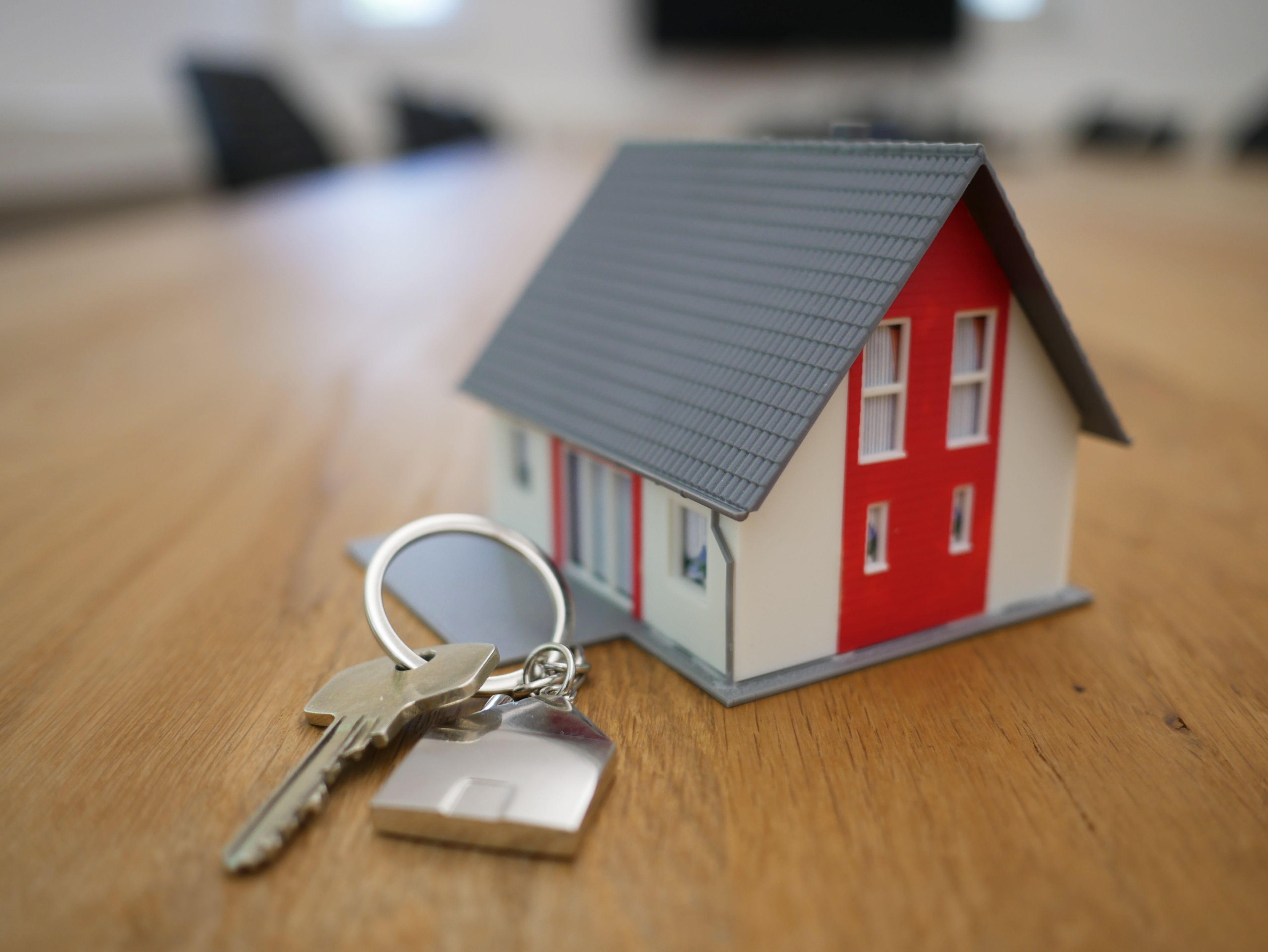
As mentioned previously, we all have different needs and purposes for buying our homes. If you are set on buying a home to stay for the long-term, here are some pointers:
- Check out Build-to-Orders! (BTO)
If you are a young couple just starting out, BTOs are a great choice for acquiring your first HDB home. Not only do you stand a better chance in the bidding process, you’ll also be eligible for a number of subsidies, which could lower your housing costs significantly.
Same goes If you’re single and above 35. You can apply under the Single Singapore Citizens Scheme or the Joint Singles Scheme.
Once you move into the completed flat, bear in mind that you have to fulfill the Minimum Occupancy Period (MOP) before you can sell or sublet (renting out a portion of your unit while residing in it.
- Calculate. Calculate. Calculate.
Thorough financial planning is the key to a stable and structured financial balance sheet that can weather future unforeseen circumstances.
Before you decide to make the jump, be sure to account for every single one of the costs involved (ABSD, Property tax, Maintenance fees, Monthly mortgage payments, Interest costs, etc), as well as the initial down payment fees required. As some of us already know, it can turn out to be quite the shocker!
In the end, the last thing any home-owner wants is a pile of serious debt from a lack of financial planning. You can always get in touch with us via email at stories@stackedhomes.com and we’ll be glad to guide you through the process.
- Determine your Priorities
Put simply, it’s often a question of long or short term stay.
Should you prefer a home to stay in for the long term, you may want to prioritise comfort/convenience (especially if you have little ones on the way).
If it’s for the short term, consider prioritising short to mid-term potential appreciation trends and rental yield figures. All this, without compromising too much on the comfort aspect. Begin with an exit point in mind, while always remembering that these points can sometimes take an unexpected turn based on future economic/personal circumstances.
Renting
Finally. Let’s dive into the rental spectrum.
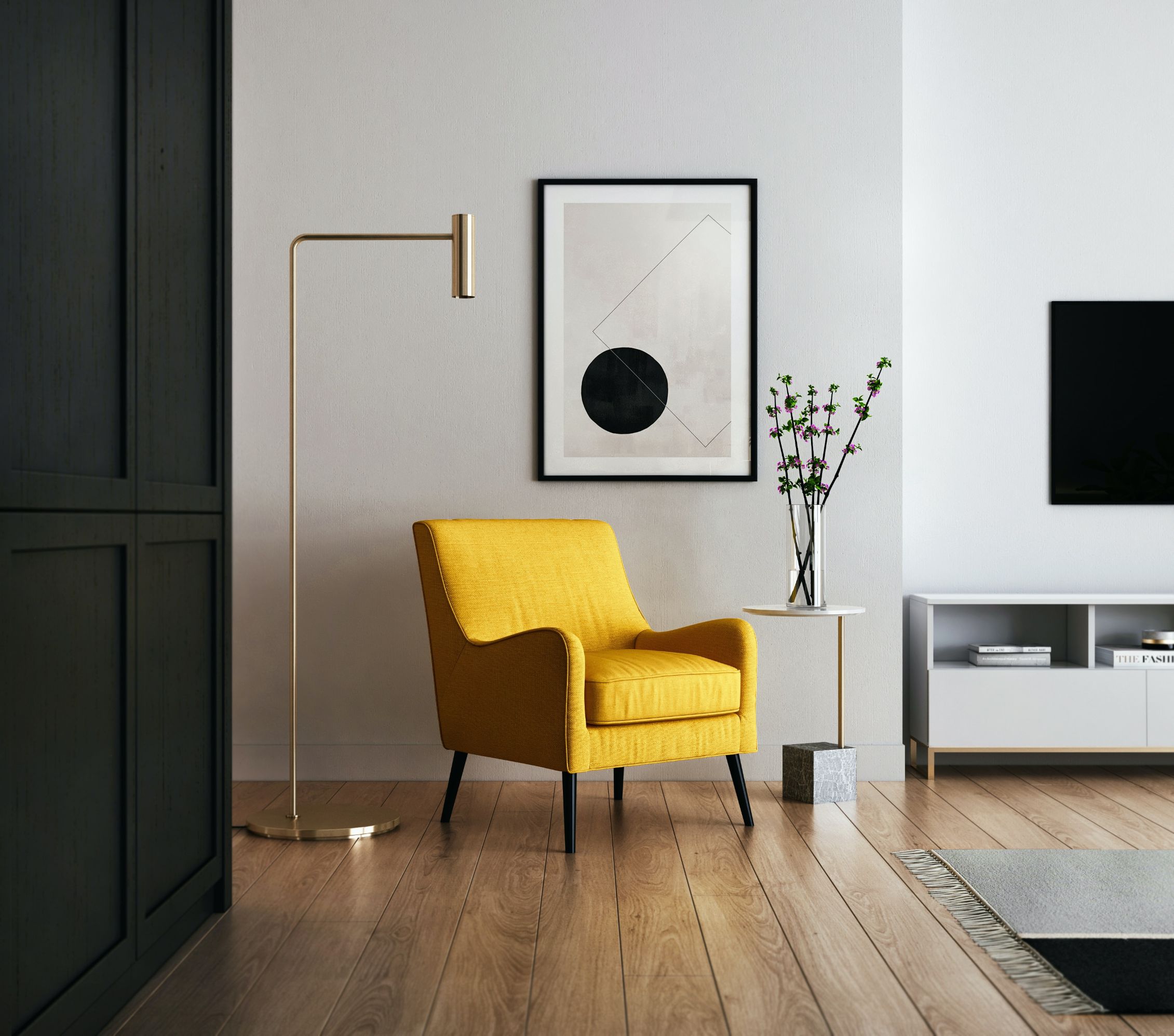
- Can you afford it?
Once again, financial planning is key.
In Singapore, renting a 1-bedder unit in a condo or HDB flat generally costs you between $600 to $3k.
Take all the time you need to list out extra costs, from the initial rental deposit and payments, to the utility/refurnishing fees for those looking to settle in for some time (also dependent on the terms of your rental contract).
- Work out your Rental Deposit returns
Sadly, some might find that their landlords simply refuse to return their rental deposits.
Maybe your lease has expired and you’d like to move on. Or your landlord is a complete lunatic claiming that you’re responsible for the cracks in the ceiling and the random 2am noises your neighbours complain about.
Either way, things like that do happen. And when they do, it’s always best to have a plan of action. Learn more about what you can do in these scenarios.
- A Guide for the Expat
Location of the rented property is important, but it varies based on your personal needs. If you’re an expat, your preferences for location may be very different from a citizen’s. For example, it might be more community or work-centric.
To help with that, we have a little Rent-in-Singapore guide detailing the best districts to find rental at – regardless of whether you’re an expat or local.
- HDB room-hunting?
Here’s the thing. Not everyone who wants to stay in rented property would be able to afford an entire condo unit. Truth be told, when I was just starting out, I could barely afford a room, save the entire unit.
Now if you simply prefer a room in a HDB flat, here’s another 2-part guide (Part 1, Part 2) for HDB room-hunting, detailing average rental prices for each estate, and more considerations for room rental.
Final Word
I’ll be the first to admit that these main pointers barely scratch the surface on the steps to analyse when choosing between ‘buying’ and ‘renting’.
For those of us who often ponder over the entire “Buy or Rent” saga, it’s truly a crossroad that garners so many different opinions and views.
Here’s what really works for me.
I like to break my situation down into 3 aspects:
My individual (and now family) needs,
My capacity for financial risk (ie. what happens if I lose my job down the road),
And finally, is this an option that will give me and my family enjoyment down the road.
At the end of the day, a home is both a source of safety/comfort as well as a financial asset/liability.
And in my humble opinion, it’s always better to come out winning on both sides.
Pssst. Stay tuned for Part II of our ‘Should I buy? Or Should I rent?” series where we further break down the figures that come with renting and buying in Singapore. If you’d like to receive weekly newsletter updates straight to your inbox, you can opt in here!!
At Stacked, we like to look beyond the headlines and surface-level numbers, and focus on how things play out in the real world.
If you’d like to discuss how this applies to your own circumstances, you can reach out for a one-to-one consultation here.
And if you simply have a question or want to share a thought, feel free to write to us at stories@stackedhomes.com — we read every message.
Reuben Dhanaraj
Reuben is a digital nomad gone rogue. An avid traveler, photographer and public speaker, he now resides in Singapore where he has since found a new passion in generating creative and enriching content for Stacked. Outside of work, you’ll find him either relaxing in nature or retreated to his cozy man-cave in quiet contemplation.Read next from Property Advice

Property Advice We’re Upgrading From A 5-Room HDB On A Single Income At 43 — Which Condo Is Safer?

Property Advice We’re In Our 50s And Own An Ageing Leasehold Condo And HDB Flat: Is Keeping Both A Mistake?
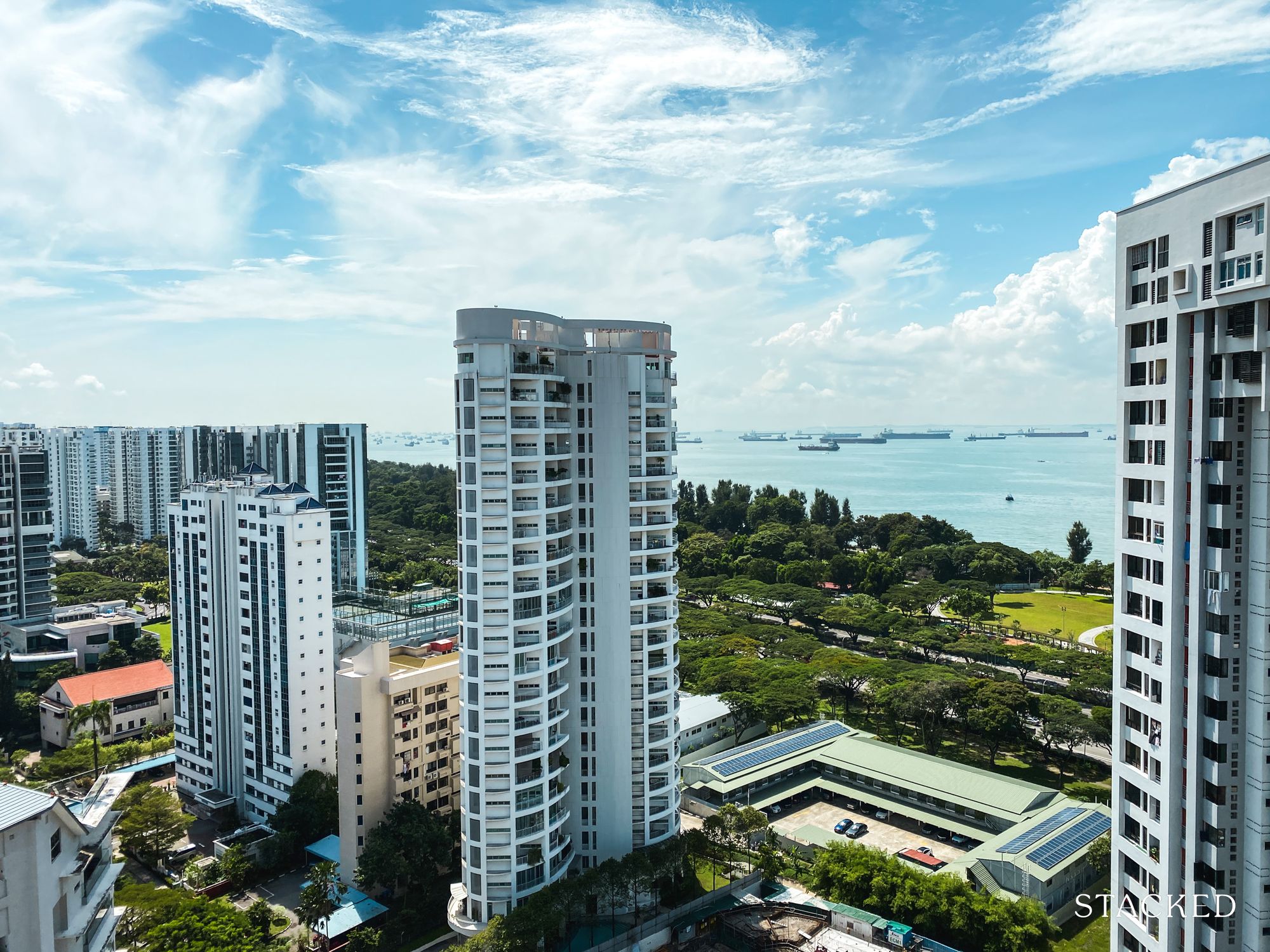
Property Advice Should We Buy An Old 99-Year Leasehold Condo To Live In: Will It’s Value Fall When The Lease Runs Out?
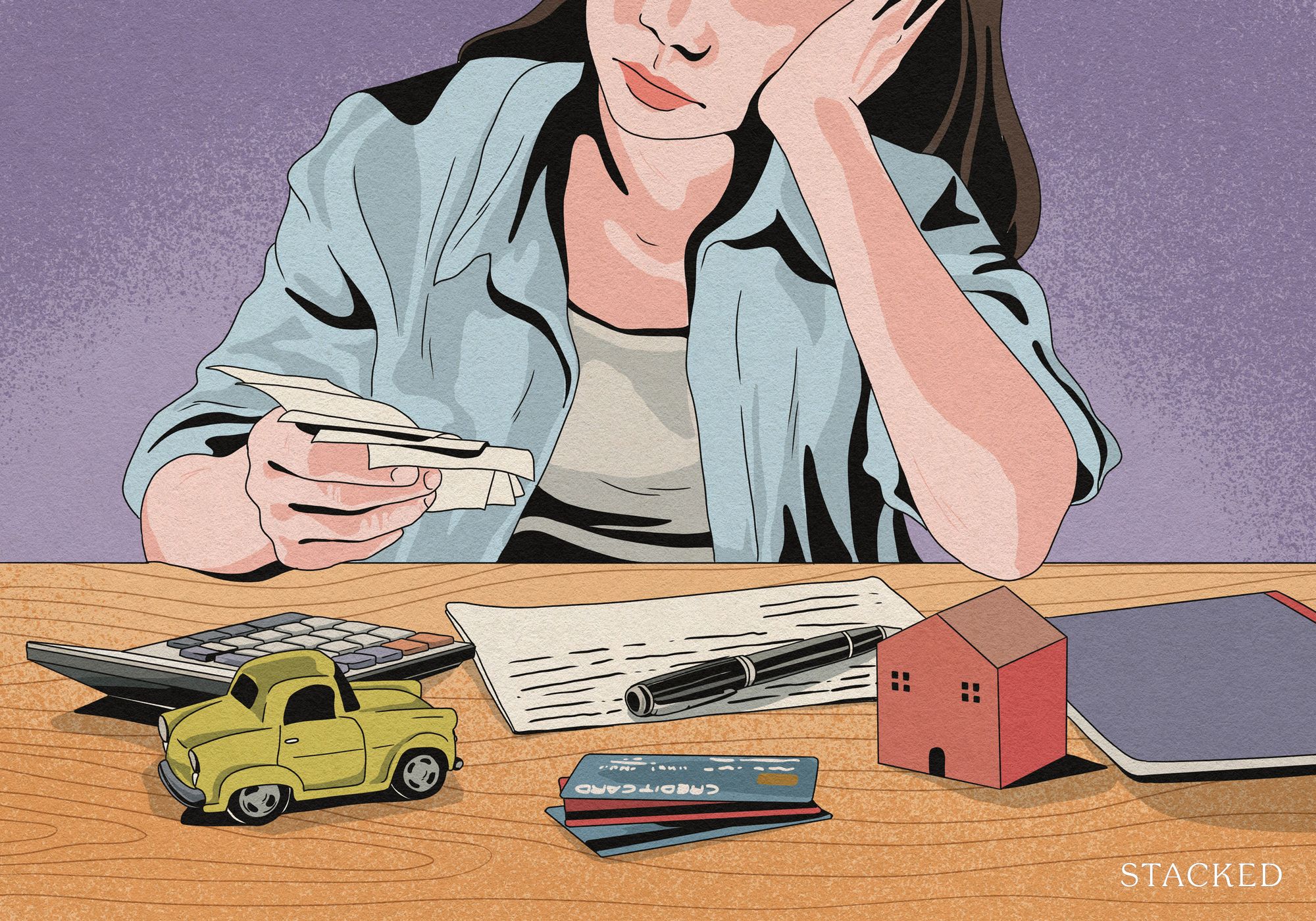
Property Advice We Own A $800K 1-Bedder And A $1.1M 3-Bedder: Is It Possible To Upgrade To A 4-Bedder Condo?
Latest Posts
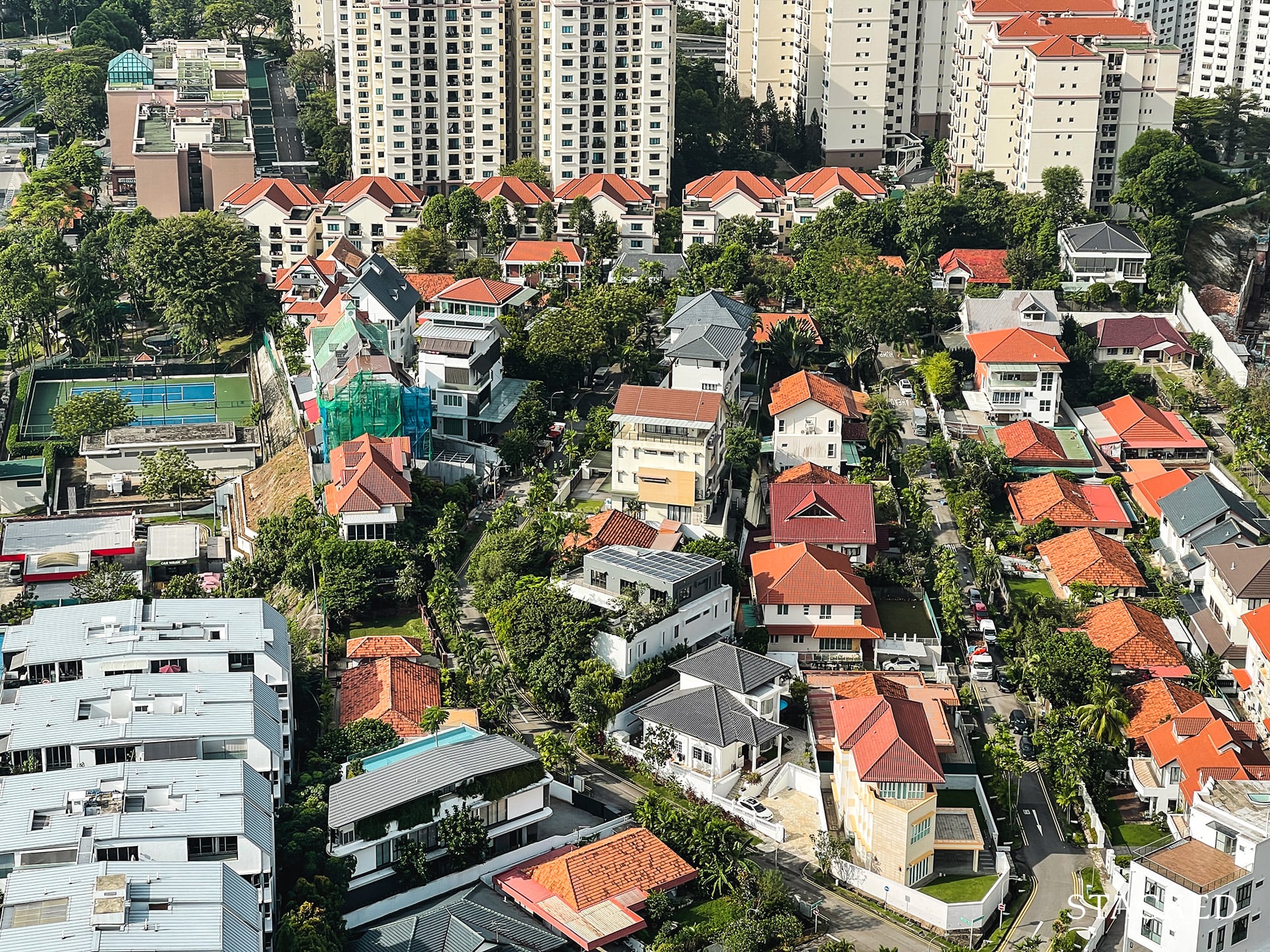
Property Market Commentary Landed Home Sales Hit a Four-Year High — Here’s What That Could Mean for Prices in 2026
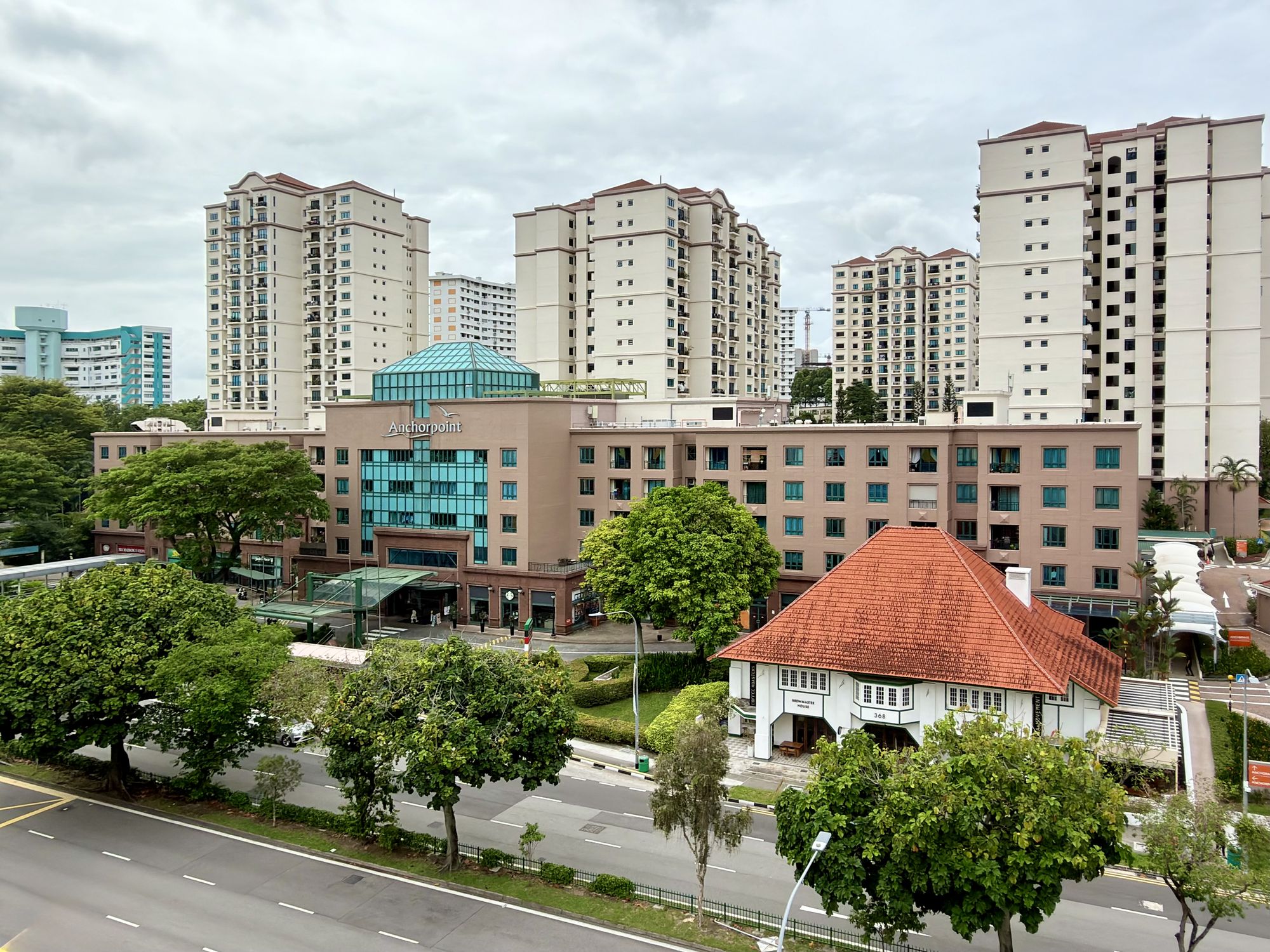
Singapore Property News A Rare Freehold Mall Is Up for Sale At $295 Million: Why the Market Is Paying Attention
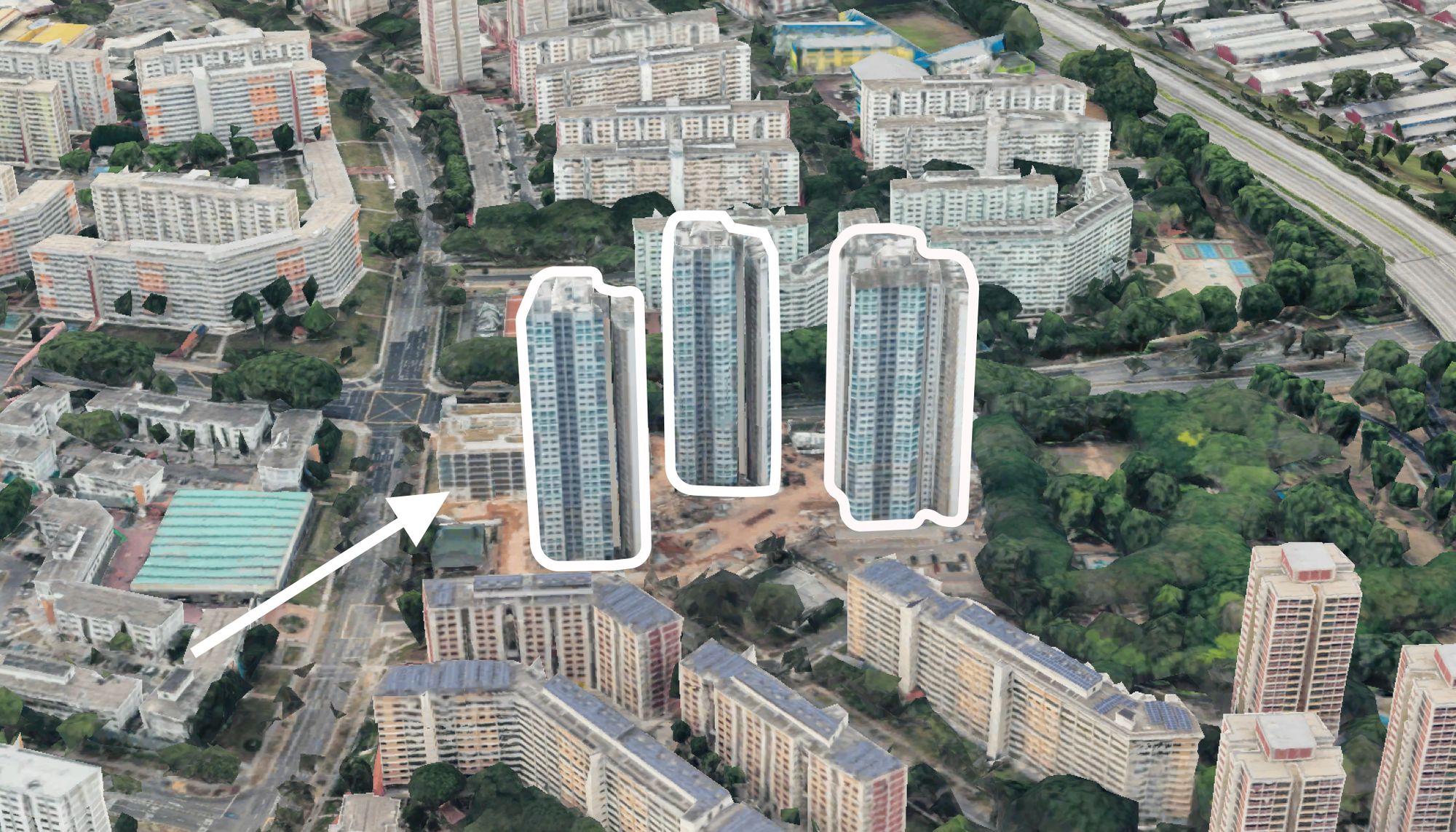
On The Market Here Are The Rare HDB Flats With Unblocked Views That Hardly Come Up for Sale
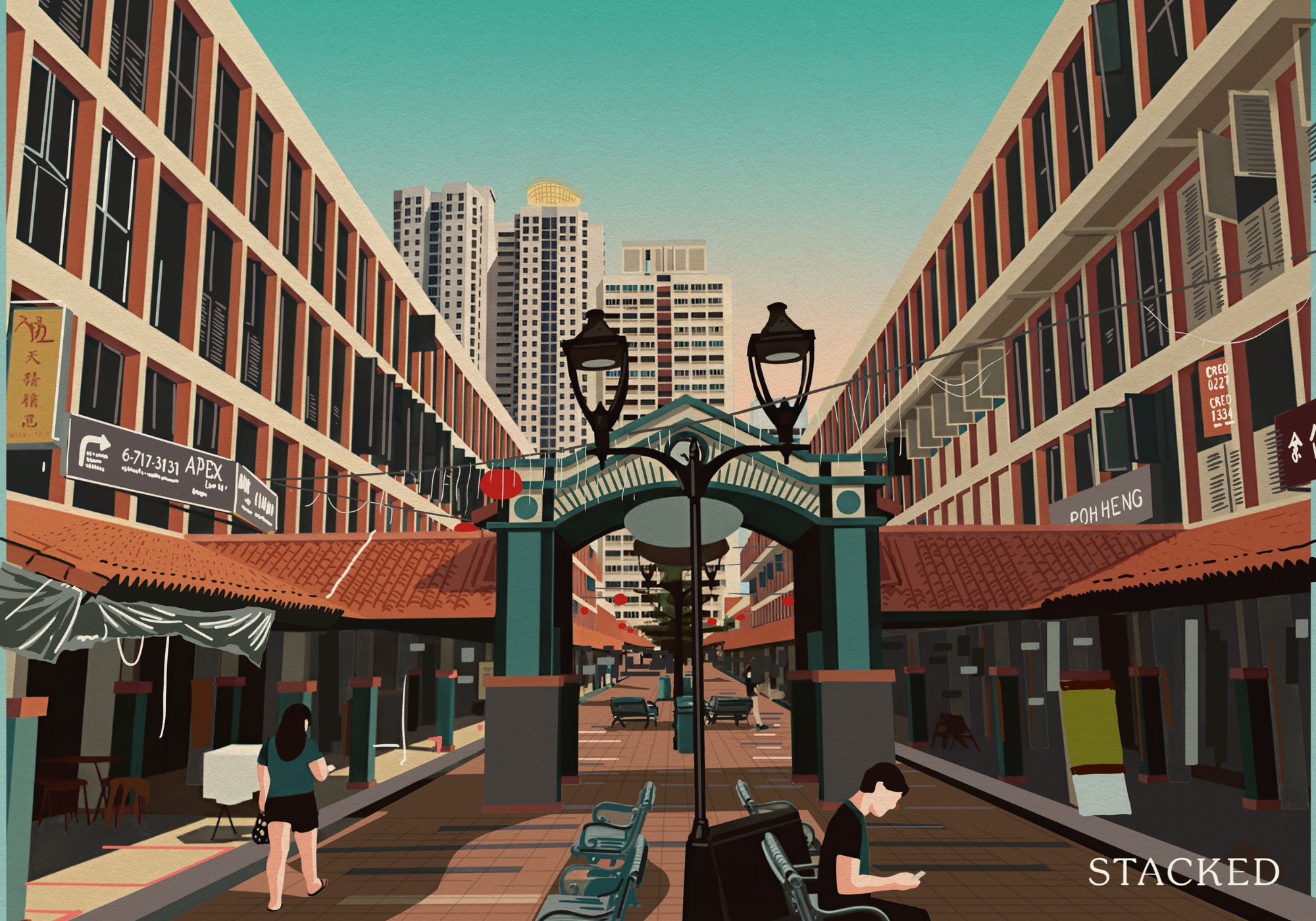
Pro Where HDB Flats Continue to Hold Value Despite Ageing Leases
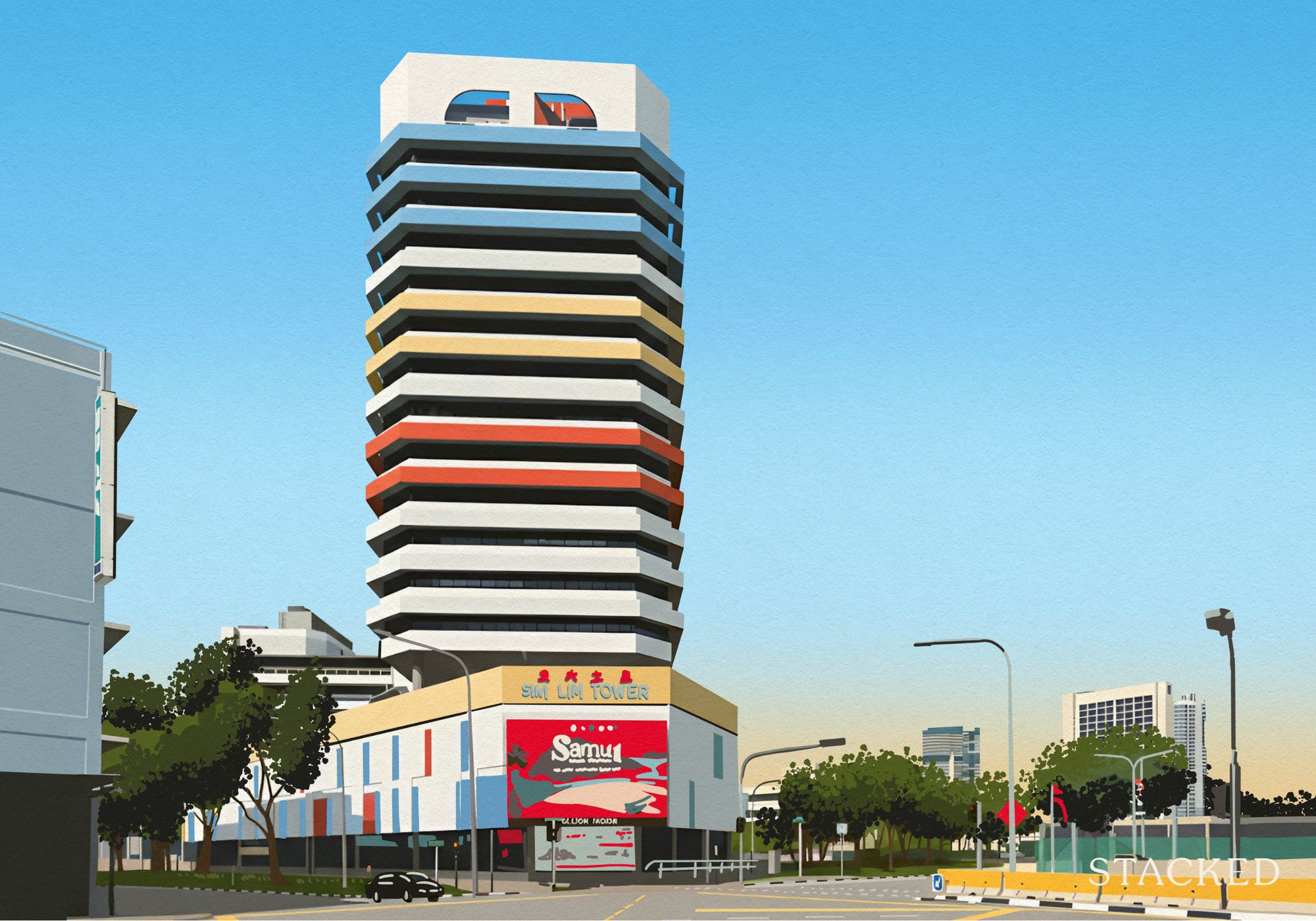
Property Market Commentary What A Little-Noticed URA Rule Means For Future Neighbourhoods In Singapore
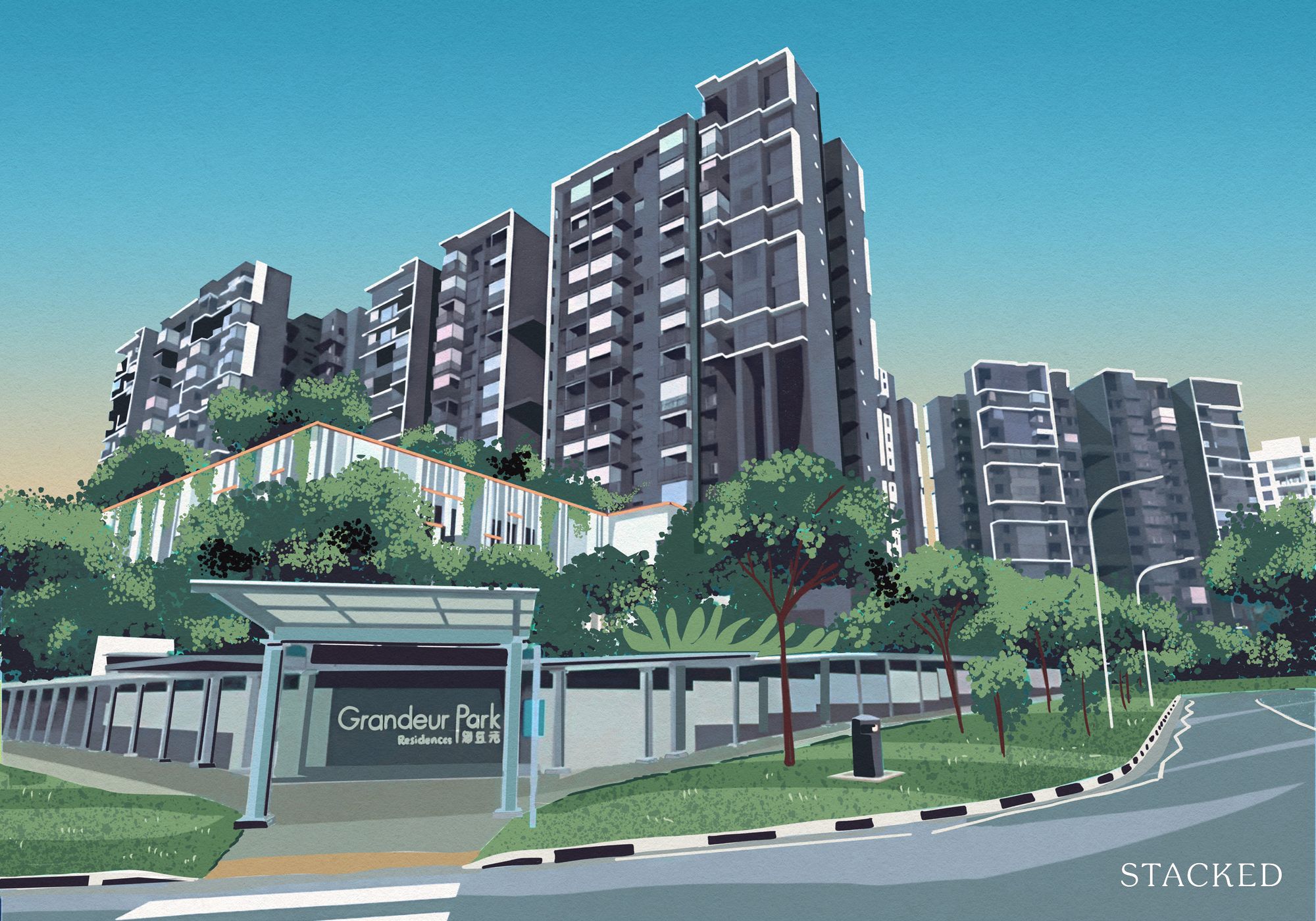
Pro What Happens When a “Well-Priced” Condo Hits the Resale Market
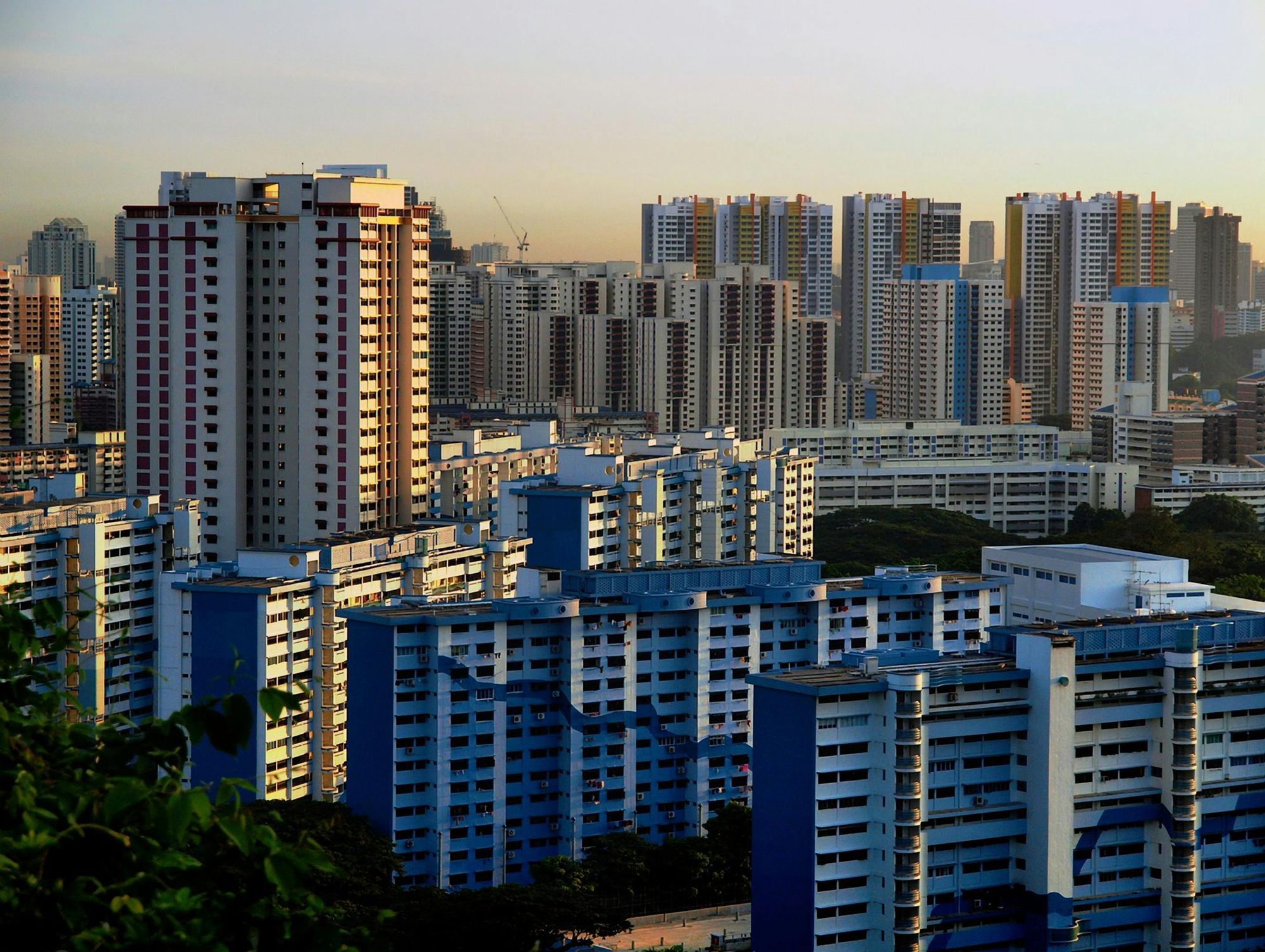
Editor's Pick We Review The February 2026 BTO Launch Sites (Bukit Merah, Toa Payoh, Tampines, Sembawang)
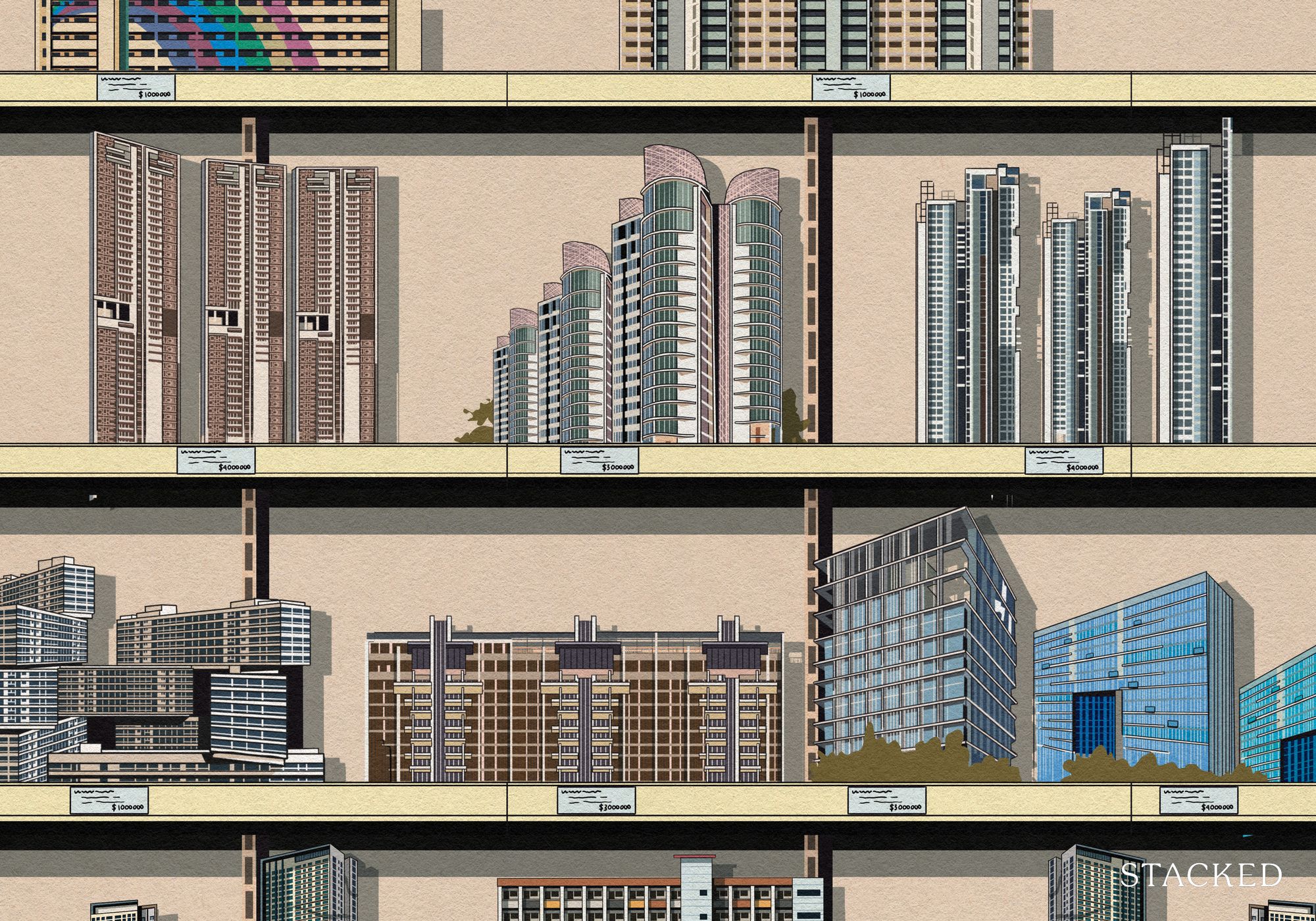
Editor's Pick One Segment of the Singapore Property Market Is Still Climbing — Even as the Rest Slowed in 2025

Singapore Property News Why The Rising Number Of Property Agents In 2026 Doesn’t Tell The Full Story
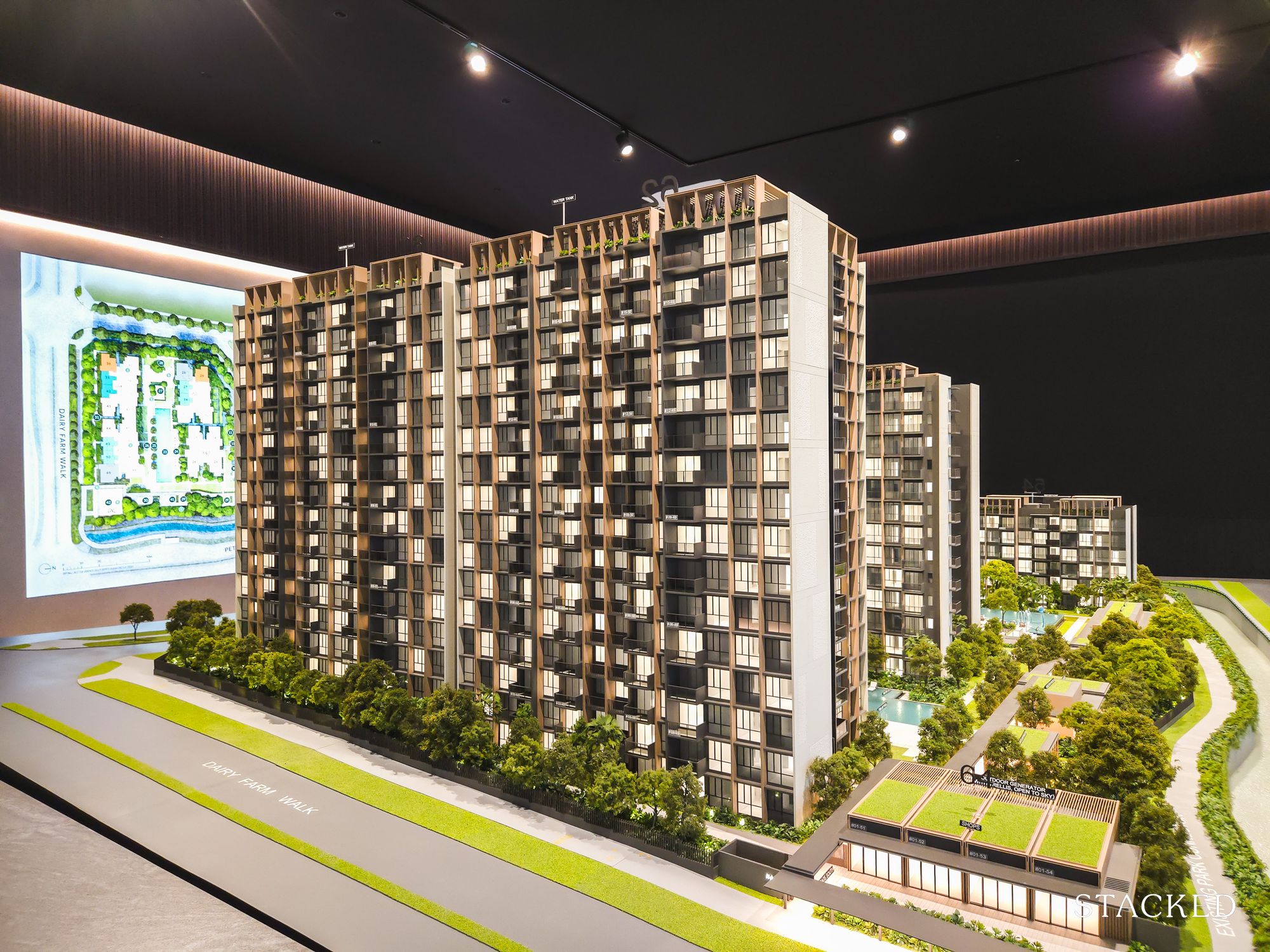
New Launch Condo Analysis This New Dairy Farm Condo Starts From $998K — How the Pricing Compares

Homeowner Stories We Could Walk Away With $460,000 In Cash From Our EC. Here’s Why We Didn’t Upgrade.
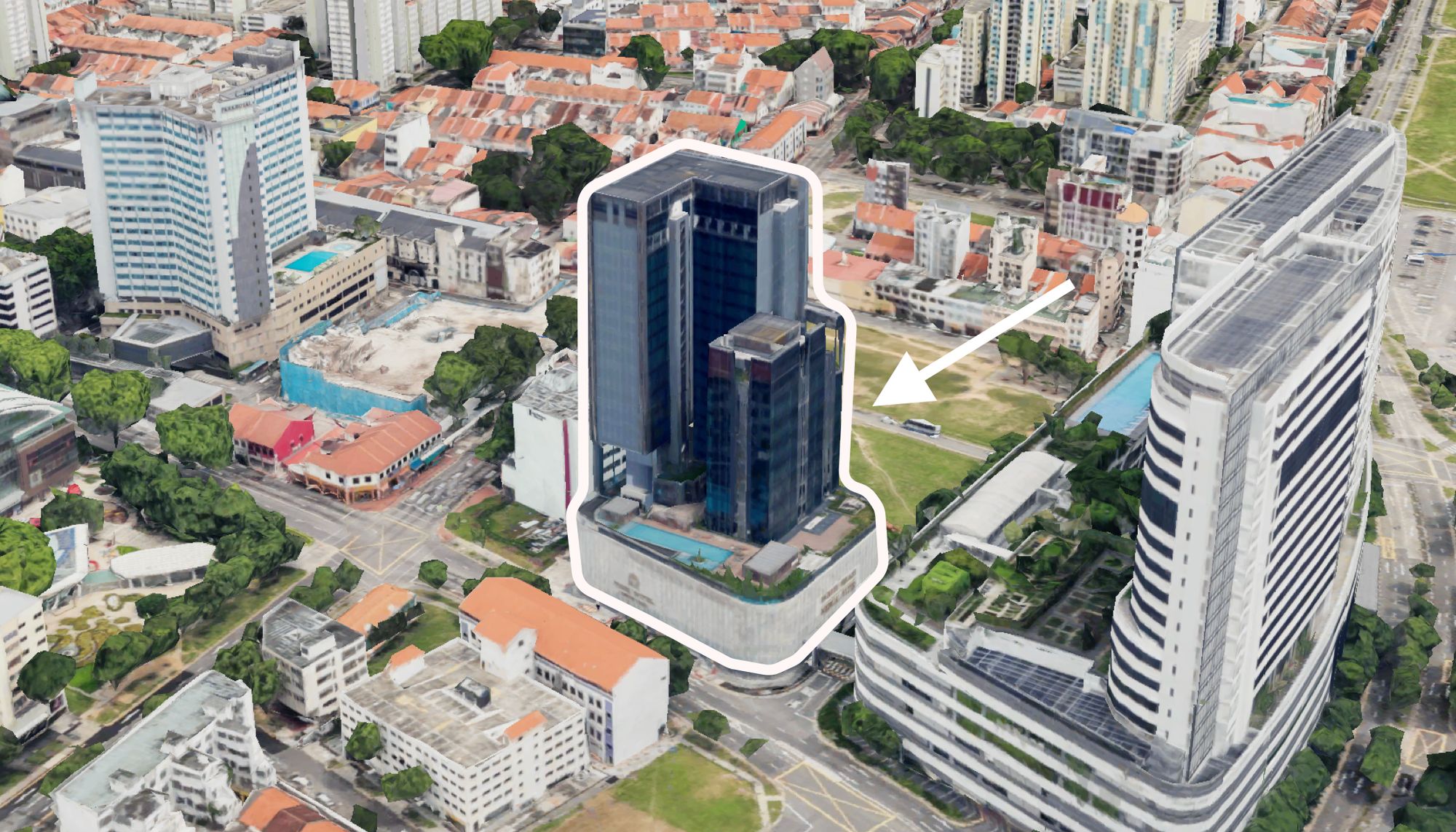
On The Market Here Are The Cheapest Newer 3-Bedroom Condos You Can Still Buy Under $1.7M

Editor's Pick Why Buying Or Refinancing Your Home Makes More Sense In 2026

New Launch Condo Reviews Narra Residences Review: A New Condo in Dairy Farm Priced Close To An EC From $1,930 PSF
Property Market Commentary Why Looking at Average HDB Prices No Longer Tells the Full Story: A New Series
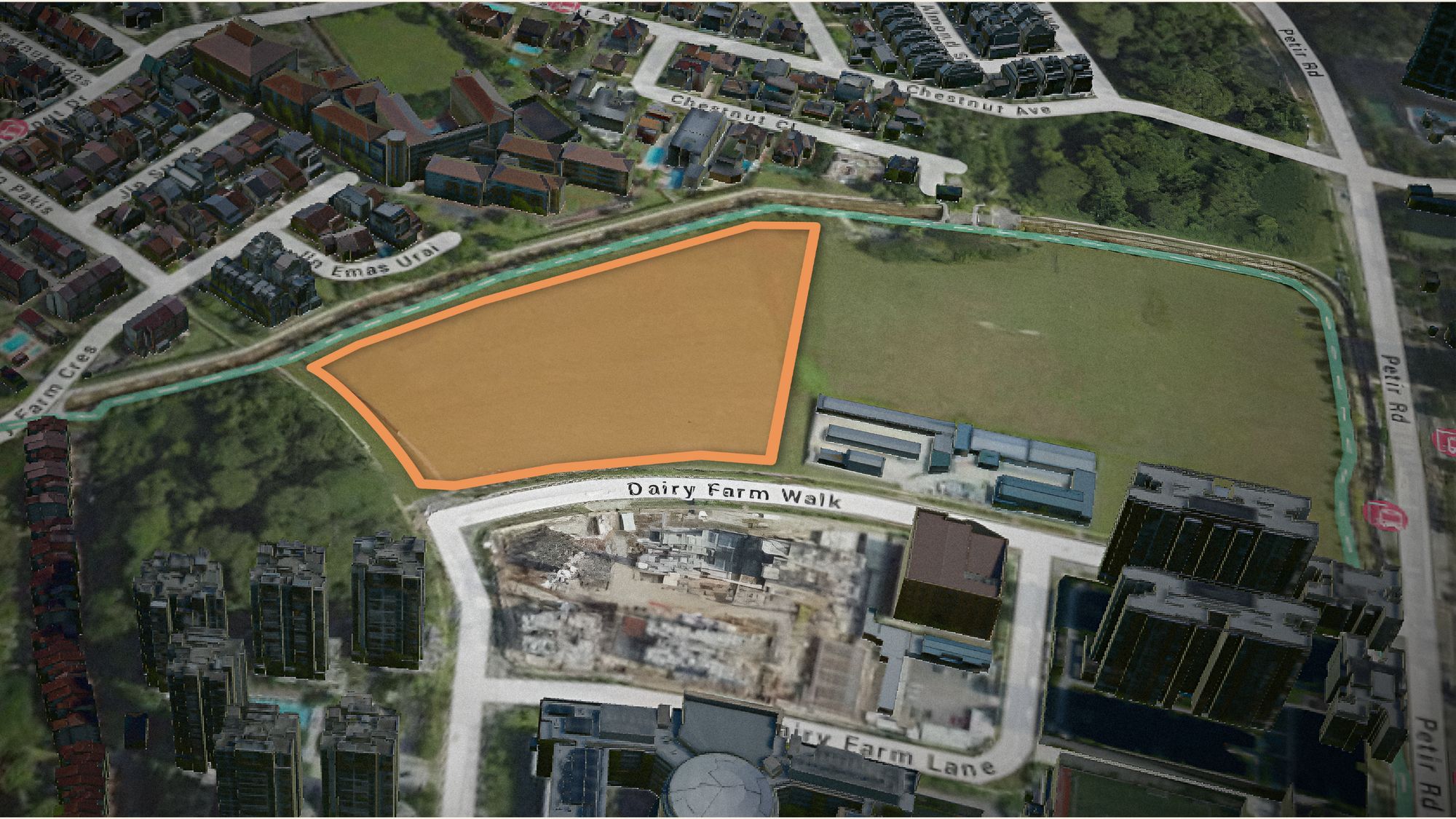


Thank you for this article, hope to read Part II real soon!